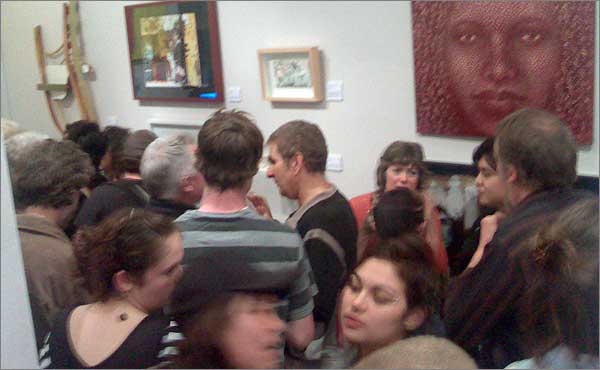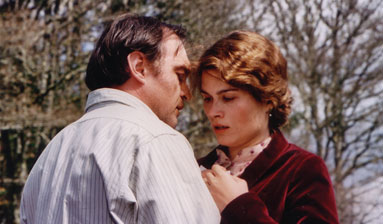In most countries, copyright in creative works lasts for 50 years after the death of the creator. In the US, the Copyright Term Extension Act of 1998 extended that protection to 70 years for works created by individuals and 120 years for corporations. But a new paper by Cambridge University PhD candidate Rufus Pollock reckons copyright terms should be reduced, not extended [PDF file, 256k] — to just 14 years.
The US copyright extension was widely criticised as the Mickey Mouse Protection Act. Walt Disney’s Micky Mouse would have otherwise entered the public domain in 2003 — depriving the Disney corporation of income. Critics said the Act was nothing but more corporate welfare from the Bush II government.
Pollock’s paper argues that the optimal duration of copyright falls as the cost of producing and distributing creative works goes down. But since copyright laws are created through political lobbying rather than “a benevolent and rational policy-maker”, copyright terms steadily increased through the 20th century.
Politically it’s hard to remove rights which have already been granted — unless, of course you can pretend there’s some terrible threat such as terrorists or black paedophiles — so Pollock notes:
It is prudent for policy-makers to err on the low side rather than the high side when setting the strength of copyright.
Somehow, given the media industry’s current terror (!) of falling revenues thanks to that very process of falling distribution costs, and their close connection to political power, I just don’t see Pollock’s arguments winning any time soon.
Thanks to Ars Technica for the pointer.



